|
I thought that talking about tea ceremonies would be about dining etiquette. After I delved deeper, I realized that this would be linked to three spheres of etiquette – social, dining, and business. Yes, for a Russian, it is everything. Russian tea-drinking traditions are not as famous as British afternoon tea or Japanese sadō-chadō. It was in Moscow where the Russian tea ceremony was founded and where I have lived most of my life, and it is something that I am so passionate about. So, let me introduce the Russian tea ceremony.
This was not common practice in other parts of Russia. You can find evidence of this in such classical novels such as Eugene Onegin by Alexander Pushkin or Dead Souls by Nikolai Gogol. More can be found in Russian literature, diaries, and memoirs. From 1810 onward, the Russians began to drink tea the English way, with cream or milk. Unlike the British, we add milk to tea and not tea to milk. Everything English became popular in Russia during this period. Tea with lemon, uniquely Russian, could be found on restaurants’ menus around the 1880s and was all the rage in the second half of the 19th century.
Many families still cook different sorts of varenje and have their own recipe, handed down from generation to generation. We serve it in long-legged bowls and give each guest a small saucer - rosette. We do not put varenje on toast; we eat it with a teaspoon and drink tea. The Russian climate is known for long and frosty winters where hot drinks are especially favored. Along with tea, food plays a serious role. In everyday life, many families finish their lunch or dinner with tea. Even Czars drank tea with snacks, in the past. When I host a family dinner, I will end with tea and cake. I offer plain baked items which come after sweet snacks. In fact, I also offer a cheese and meat plate, as well.
Tea in Social Etiquette Once tea-drinking naturally fit into Russian table traditions; it brought innovations such as fine bone china, teapots, and accompaniments. Now we cannot imagine Russian hospitality and lifestyle without tea. Tea is not only a drink but is a way of communication. We can drink tea for any reason or without reason at all – after a drive, in winter, in the evening, after a hot day, after a bath, talking with friends, at a meeting, just relaxing, after sleeping, hosting guests, housewarmings, and so much more.
It could be considered as rude as neglecting guests or even your customs. In Moscow, where the tea traditions are powerful, the hospitality rules offer tea to an unfamiliar person. There is a Russian expression ‘they didn't even give me tea’ applies if someone has not been a good host. Tea in Business Etiquette Once a client or visitor appears in an office in a business environment; the question is quickly asked, ‘would you like some tea or coffee?’ Even during serious negotiations, professionals will be offered sweets to accompany their tea. It is normal to offer tea and coffee with chocolate sweets and biscuits. In contrast, during my experience with international ex-pats, drinking tea over the business was not popular.
Elena Gorelik is based in Moscow, Russia and the founder of Serviruem, helping women feel confident through hospitality education. Elena is a table setting stylist and director for hospitality events. From the 1990s to 2000s, Elena has carved out an illustrious career working for executive management of airline company’s and was in charge of protocol procedures for hospitality services. The highlight of her career was working for the famous Marriott Moscow Royal Aurora Hotel (5*) and acting as Head at Food and Beverage Service. Please see Elena Gorelik @serviruem
1 Comment
4/1/2023 06:21:28 pm
Nice article! Thanks for sharing informative post Keep posting
Reply
Leave a Reply. |
AuthorElizabeth Soos Archives
August 2025
Categories |
|
CONTACT US Submit Your Enquiry |

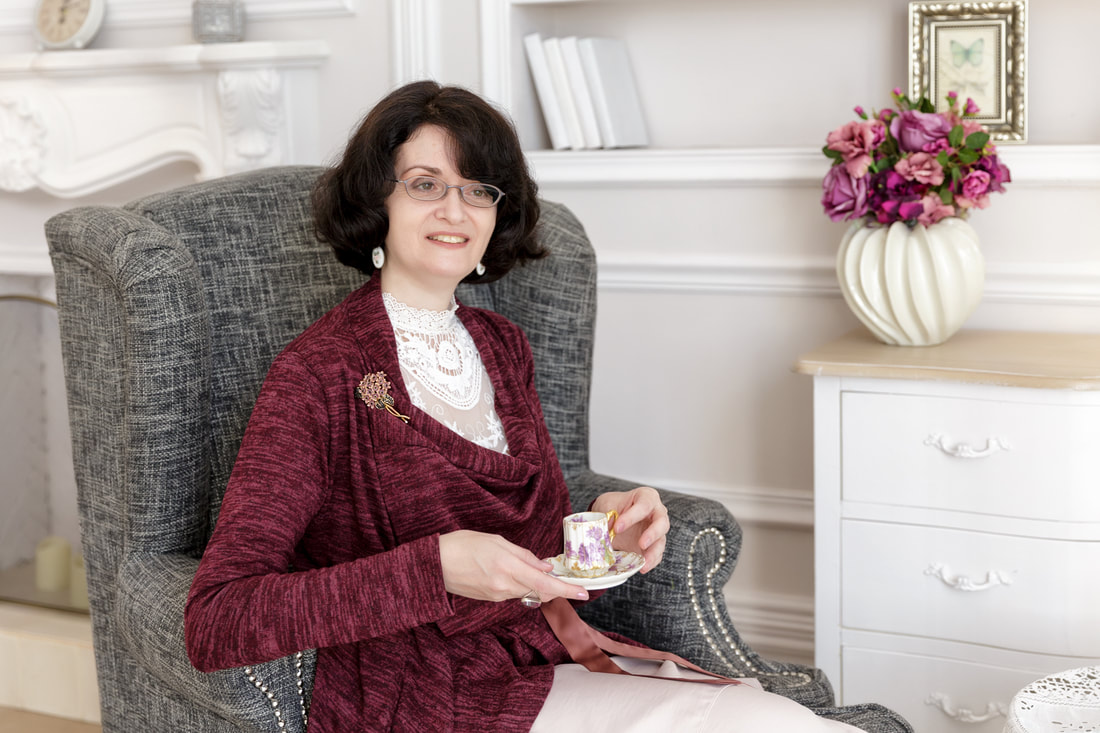
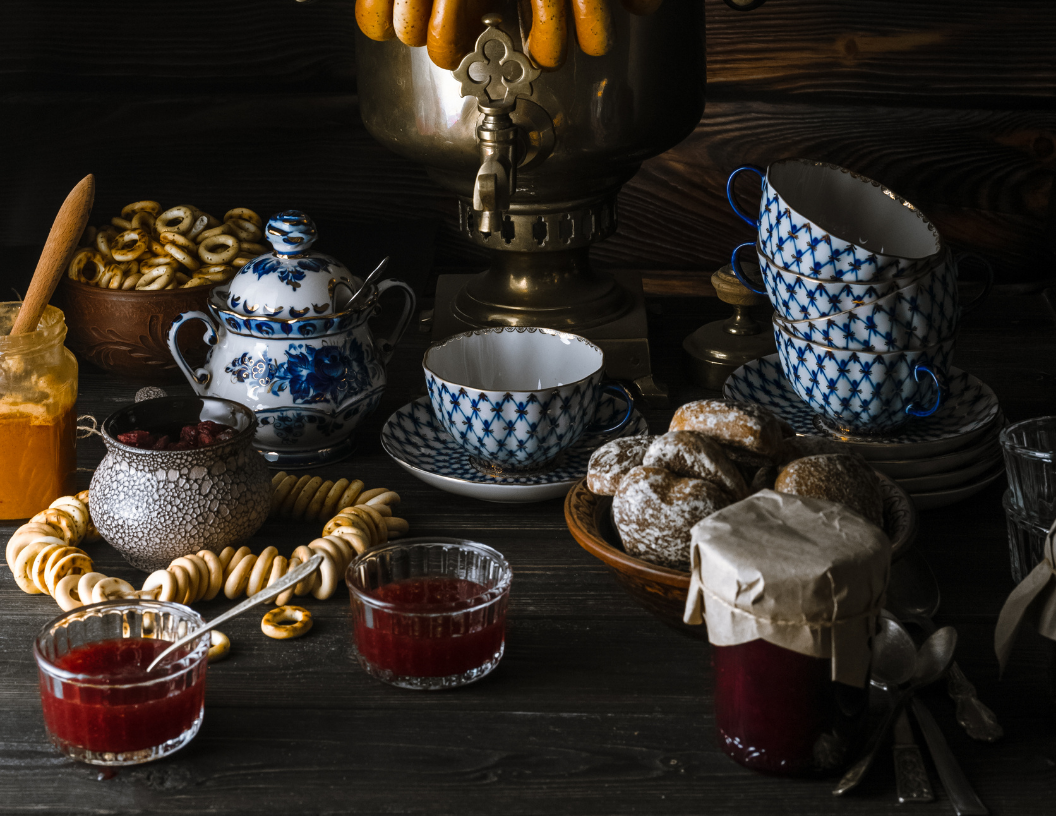
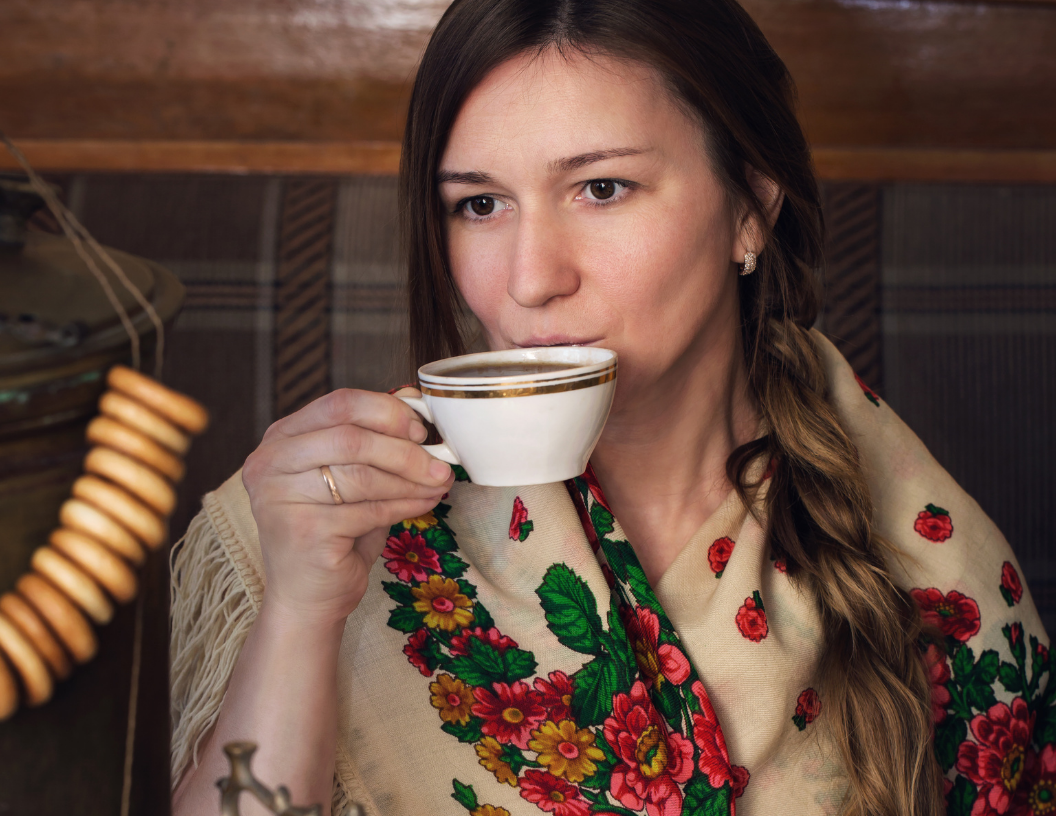
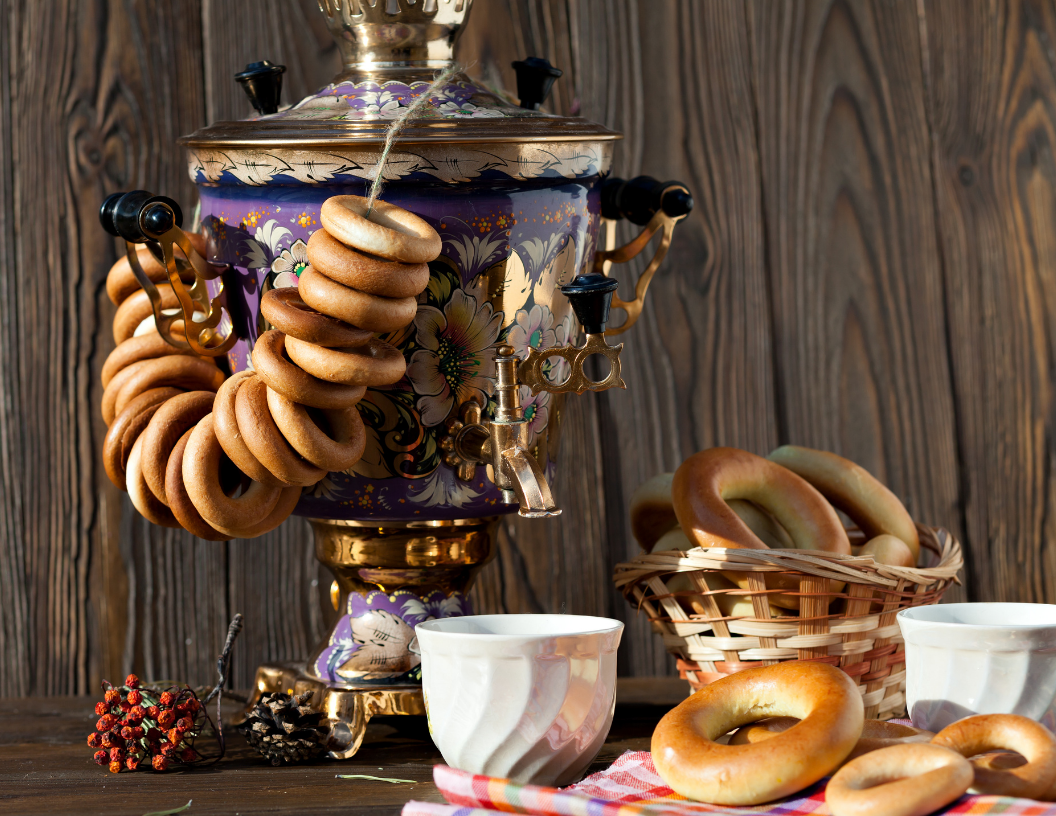
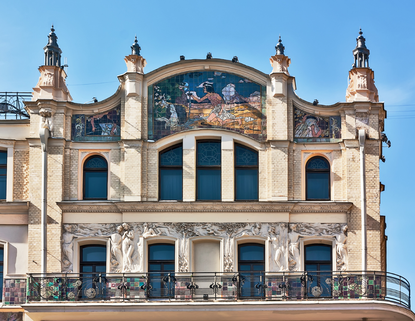
 RSS Feed
RSS Feed

